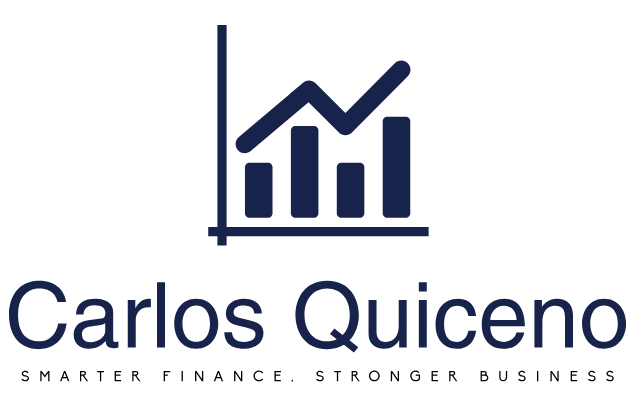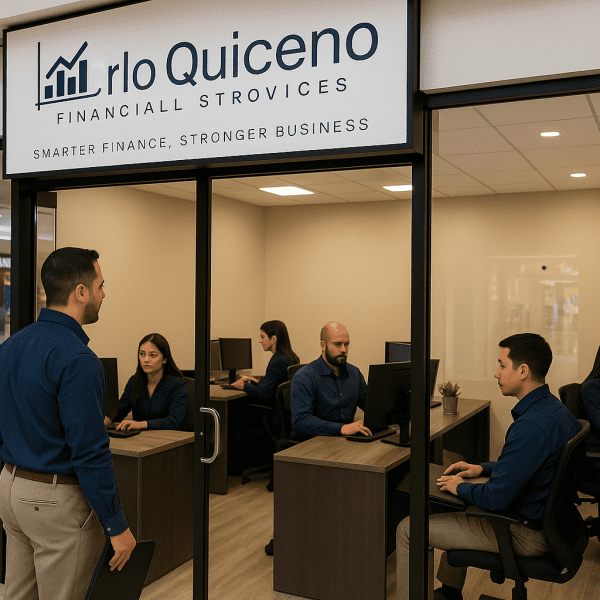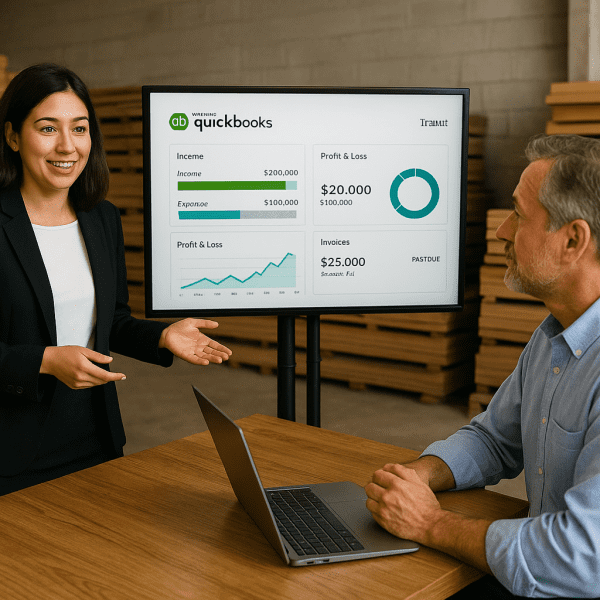The Importance of Cost Accounting in Construction to Improve Profitability
Cost accounting plays a crucial role in the construction industry, where complex projects, fluctuating expenses, and tight deadlines can make financial management challenging. For construction companies, a thorough understanding of costs is not just about tracking expenses—it’s about optimizing margins, improving efficiency, and maintaining profitability. In this article, we’ll explore how proper cost accounting practices can help construction businesses stay on top of their finances and maximize their bottom line.
Understanding Cost Accounting in Construction
Cost accounting in construction involves the detailed tracking of all expenses related to a project. This includes direct costs like materials, labor, and equipment, as well as indirect costs such as overhead, administrative fees, and regulatory compliance. Unlike general accounting, which provides a broad overview of a company’s financial performance, cost accounting drills down into the specifics of each project, offering insights that can drive better decision-making.
By breaking down expenses into categories, construction companies can gain a clear picture of where their money is going and how each expense affects overall profitability. This data is essential for project managers who need to control costs while ensuring the project stays on schedule and meets quality standards.
Key Benefits of Cost Accounting in Construction
- Accurate Budgeting and Forecasting
One of the biggest challenges in construction is ensuring that projects are completed within budget. Cost accounting provides a detailed breakdown of expenses, which allows businesses to create more accurate budgets and forecasts. By analyzing historical cost data, construction companies can anticipate potential overruns and adjust their budgets accordingly. - Cost Control and Reduction
With a solid cost accounting system, construction businesses can monitor their spending in real-time. This allows for early detection of cost overruns, enabling managers to take corrective actions before they escalate. By identifying inefficiencies, businesses can reduce unnecessary expenses and improve their overall profitability. - Improved Decision-Making
Detailed cost data helps project managers make informed decisions. For instance, if a particular material is driving up costs, the company can seek out alternative suppliers or negotiate better pricing. In addition, cost accounting allows businesses to assess the profitability of each project, helping them decide whether to bid on similar projects in the future or focus on more lucrative opportunities. - Better Resource Allocation
Proper tracking of costs also aids in efficient resource allocation. By understanding where funds are being spent, construction managers can allocate resources more effectively, ensuring that money is invested in the areas that provide the most value. This can prevent overspending on non-essential aspects of a project while ensuring that critical areas receive the necessary funding. - Enhanced Client Satisfaction
Cost accounting isn’t just beneficial for the business—it can also improve client relationships. By providing clients with detailed cost breakdowns and regular updates, construction companies can foster transparency and trust. This level of clarity helps manage client expectations and reduces disputes over project costs.
Cost Accounting Methods in Construction
There are several methods of cost accounting that construction companies can use, each offering different insights:
- Job Order Costing: This method involves tracking costs for individual projects or jobs. It’s particularly useful for construction companies that work on custom or one-off projects.
- Activity-Based Costing (ABC): ABC assigns costs based on activities that drive expenses. For example, if a project requires significant equipment usage, the costs are allocated based on the hours of equipment operation. This method is ideal for businesses looking to optimize resource allocation.
- Standard Costing: This approach uses pre-determined cost estimates for labor, materials, and overhead. It’s effective for setting benchmarks and identifying variances between actual costs and estimates.
Maximizing Profitability Through Cost Accounting
For construction businesses, maintaining profitability is not just about cutting costs—it’s about managing them strategically. Here are a few tips on how cost accounting can directly improve profitability:
- Track Costs by Phase: Break down the project into different phases (e.g., planning, construction, post-construction) and track costs at each stage. This allows for more precise cost control and helps identify which phases are prone to overruns.
- Monitor Cash Flow Closely: Cash flow management is vital in construction, where payments are often delayed. A strong cost accounting system allows businesses to monitor their cash flow in real-time and ensure they have enough liquidity to cover ongoing expenses.
- Use Technology: Modern accounting software like QuickBooks or specialized construction accounting tools can automate the tracking of costs and provide real-time data on project profitability. This reduces the risk of human error and frees up time for project managers to focus on decision-making.
- Analyze Profit Margins by Project: Not all construction projects are equally profitable. By analyzing the profit margins of completed projects, businesses can identify the types of projects that deliver the highest returns and adjust their bidding strategies accordingly.
Conclusion
In the highly competitive construction industry, maintaining profitability requires careful financial management. Cost accounting provides construction companies with the tools they need to track expenses, control costs, and make informed decisions. By implementing a robust cost accounting system, businesses can optimize their profit margins and ensure long-term success.
Carlos Quiceno Financial Services specializes in helping construction companies in Miami, Hialeah, Pembroke, and surrounding areas manage their costs effectively, enabling them to improve profitability and achieve financial stability. Our expert team offers tailored solutions that help businesses stay on top of their finances and thrive in a competitive market.











